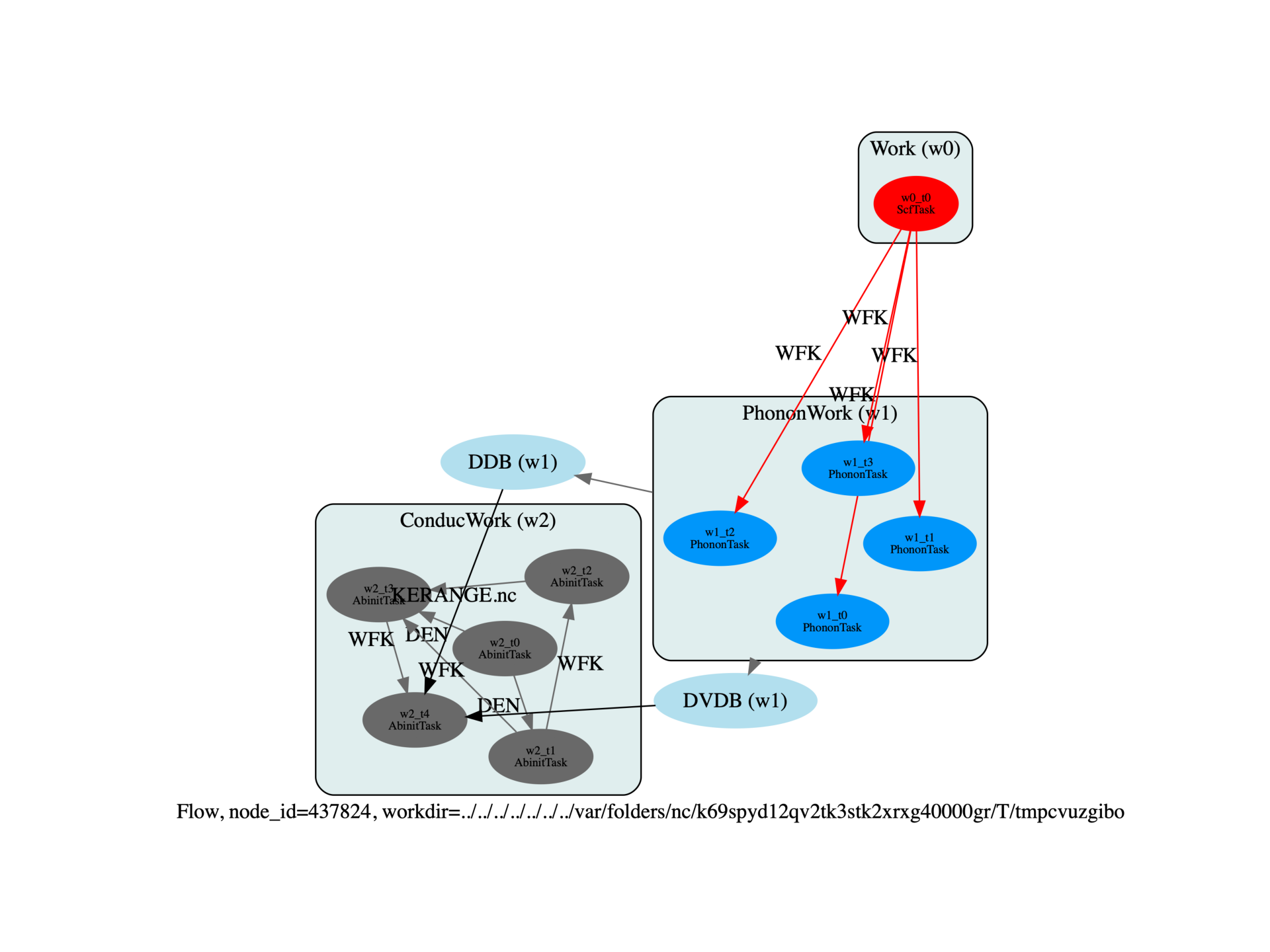Note
Go to the end to download the full example code.
Conductivity in metals
Flow to compute conductivity in metals.

import os
import sys
import abipy.data as abidata
import abipy.abilab as abilab
from abipy import flowtk
from abipy.abio.factories import conduc_kerange_from_inputs
def make_scf_input(structure, pseudos, ngkpt=(2, 2, 2), shiftk=(0, 0, 0), **variables):
"""Build and return SCF input given the structure and pseudopotentials"""
scf_inp = abilab.AbinitInput(structure, pseudos=pseudos)
# Global variables
scf_inp.set_vars(**variables)
# Dataset 1 (GS run)
scf_inp.set_kmesh(ngkpt=ngkpt, shiftk=shiftk)
#scf_inp.set_vars(toldfe=1e-10)
return scf_inp
def make_nscf_input(structure, pseudos, ngkpt=(2,2,2), shiftk=(0,0,0), **variables):
"""Build and return NSCF input given the structure and pseudopotentials"""
scf_inp = abilab.AbinitInput(structure, pseudos=pseudos)
# Global variables
scf_inp.set_vars(**variables)
# Dataset 1 (GS run)
scf_inp.set_kmesh(ngkpt=ngkpt, shiftk=shiftk)
scf_inp.set_vars(iscf=-2)
return scf_inp
def build_flow(options):
# Working directory (default is the name of the script with '.py' removed and "run_" replaced by "flow_")
if not options.workdir:
options.workdir = os.path.basename(__file__).replace(".py", "").replace("run_", "flow_")
# Get structure and pseudos from the abipy database
structure = abidata.structure_from_ucell("Al")
pseudos = abidata.pseudos("13al.pspnc")
# Variables
variables = dict(
ecut=20,
tsmear=0.05,
nband=12,
nbdbuf=2,
occopt=3,
iomode=1,
nstep=20
)
ngkpt = [4, 4, 4]
ngkpt_fine = [8, 8, 8]
shiftk = [0.0, 0.0, 0.0]
ngqpt = [2, 2, 2]
tmesh = [0, 30, 11] # Conductivity at temp from 0K to 300K by increment of 30
boxcutmin = 1.1
mixprec = 1
# Kerange Variables
nbr_proc = 4
ngqpt_fine = [16, 16, 16] # The sigma_ngkpt grid must be divisible by the qpt grid
sigma_ngkpt = [16, 16, 16]
einterp = [1, 5, 0, 0] # Star functions Interpolation
sigma_erange = [-0.3, -0.3, "eV"] # Negative value for metals
flow = flowtk.Flow(workdir=options.workdir)
# Create inputs
scf_input = make_scf_input(structure, pseudos,
tolvrs=1e-12,
ngkpt=ngkpt,
shiftk=shiftk,
**variables)
nscf_input = make_nscf_input(structure, pseudos,
tolwfr=1e-18,
ngkpt=ngkpt_fine,
shiftk=shiftk,
**variables)
# Create Work Object
# Work 0: SCF run
gs_work = flowtk.Work()
gs_work.register_scf_task(scf_input)
flow.register_work(gs_work)
# Work 1: Compute DDB et DVDB
ph_work = flowtk.PhononWork.from_scf_task(gs_work[0],
qpoints=ngqpt, is_ngqpt=True,
tolerance={"tolvrs": 1e-8})
flow.register_work(ph_work)
# Work 2: Conductivity with Kerange
multi = conduc_kerange_from_inputs(scf_input=scf_input,
nscf_input=nscf_input,
tmesh=tmesh,
ddb_ngqpt=ngqpt,
eph_ngqpt_fine=ngqpt_fine,
sigma_ngkpt=sigma_ngkpt,
sigma_erange=sigma_erange,
einterp=einterp,
boxcutmin=boxcutmin, # 1.1 is the default value of the function
mixprec=mixprec # 1 is the default value of the function
)
# Here we can change multi to change the variable of a particular dataset
conduc_work = flowtk.ConducWork.from_phwork(phwork=ph_work, # Linking the DDB and DVDB via a PhononWork
multi=multi, # The multidataset object
nbr_proc=nbr_proc, # Needed to parallelize the calculation
flow=flow,
with_kerange=True, # Using Kerange
omp_nbr_thread=1) # 1 is the default value of the function
# If you already have the DDB and DVDB, use from_filepath(ddb_path, dvdb_path, multi, ...) instead of from_phwork
flow.register_work(conduc_work)
return flow.allocate(use_smartio=True)
# This block generates the thumbnails in the Abipy gallery.
# You can safely REMOVE this part if you are using this script for production runs.
if os.getenv("READTHEDOCS", False):
__name__ = None
import tempfile
options = flowtk.build_flow_main_parser().parse_args(["-w", tempfile.mkdtemp()])
build_flow(options).graphviz_imshow()
@flowtk.flow_main
def main(options):
"""
This is our main function that will be invoked by the script.
flow_main is a decorator implementing the command line interface.
Command line args are stored in `options`.
"""
return build_flow(options)
if __name__ == "__main__":
sys.exit(main())
Total running time of the script: (0 minutes 3.536 seconds)